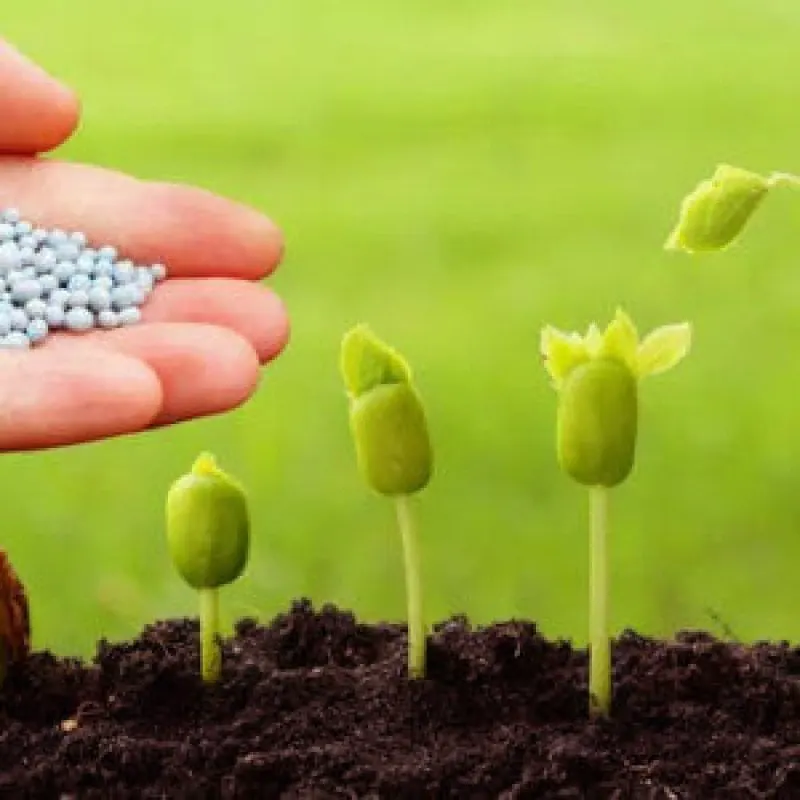Despite Europe’s strict GMO rules, biotechnology can still help farmers feed the continent
Despite Europe’s strict GMO rules, biotechnology can still help farmers feed the continent


The EU has recently laid out a series of targets to dramatically reduce the amounts of chemicals used in European farms by 2030. These include reducing by 50% the use of chemical and hazardous pesticides as well as reducing fertilizer use by 20%.
Achieving these goals without experiencing a massive drop in yields will be no mean feat. Turning to innovative agricultural biotechnology could solve this conundrum, and make the transition away from agrochemicals far less painful.
Historically, agri-biotech has had a difficult relationship with EU regulators. The European Commission’s long-standing resistance towards the adoption of genetically modified crops has frustrated many researchers and companies across the continent who view such strains as critical tools in the development of a more productive, more robust, and more sustainable agricultural system.
However, agricultural biotechnology extends much further than just GM crops: scientists have applied biotechnology to create a range of biological solutions for improving the way we grow crops, without contravening existing regulations around genetic modification of the crops themselves.
…
BioPhero, a spinout from the Technical University of Denmark, is pioneering the use of insect pheromones as a sustainable alternative to chemical insecticides. The company specifically targets moths, which are a significant pest in a variety of crops.
Read the original post

 | Videos | More... |

Video: Nuclear energy will destroy us? Global warming is an existential threat? Chemicals are massacring bees? Donate to the Green Industrial Complex!
 | Bees & Pollinators | More... |

GLP podcast: Science journalism is a mess. Here’s how to fix it

Mosquito massacre: Can we safely tackle malaria with a CRISPR gene drive?

Are we facing an ‘Insect Apocalypse’ caused by ‘intensive, industrial’ farming and agricultural chemicals? The media say yes; Science says ‘no’
 | Infographics | More... |

Infographic: Global regulatory and health research agencies on whether glyphosate causes cancer
 | GMO FAQs | More... |

Why is there controversy over GMO foods but not GMO drugs?

How are GMOs labeled around the world?

How does genetic engineering differ from conventional breeding?
 | GLP Profiles | More... |

Alex Jones: Right-wing conspiracy theorist stokes fear of GMOs, pesticides to sell ‘health supplements’




 California, Washington, Oregon forge immunization alliance to safeguard vaccine access against federal undermining
California, Washington, Oregon forge immunization alliance to safeguard vaccine access against federal undermining Trust issues: What happens when therapists use ChatGPT?
Trust issues: What happens when therapists use ChatGPT? Fighting deforestation with CO2: Biotechnology breakthrough creates sustainable palm oil alternative for cosmetics
Fighting deforestation with CO2: Biotechnology breakthrough creates sustainable palm oil alternative for cosmetics Viewpoint — Fact checking MAHA mythmakers: How wellness influencers and RFK, Jr. undermine American science and health
Viewpoint — Fact checking MAHA mythmakers: How wellness influencers and RFK, Jr. undermine American science and health 30-year-old tomato line shows genetic resistance to devastating virus
30-year-old tomato line shows genetic resistance to devastating virus The free-range chicken dilemma: Better for birds, but with substantial costs
The free-range chicken dilemma: Better for birds, but with substantial costs Viewpoint: Video — Big Solar is gobbling up productive agricultural land and hurting farmers yet providing little energy or sustainabilty gains
Viewpoint: Video — Big Solar is gobbling up productive agricultural land and hurting farmers yet providing little energy or sustainabilty gains ‘You have to treat the brain first’:Rethinking chronic pain with Sanjay Gupta
‘You have to treat the brain first’:Rethinking chronic pain with Sanjay Gupta
